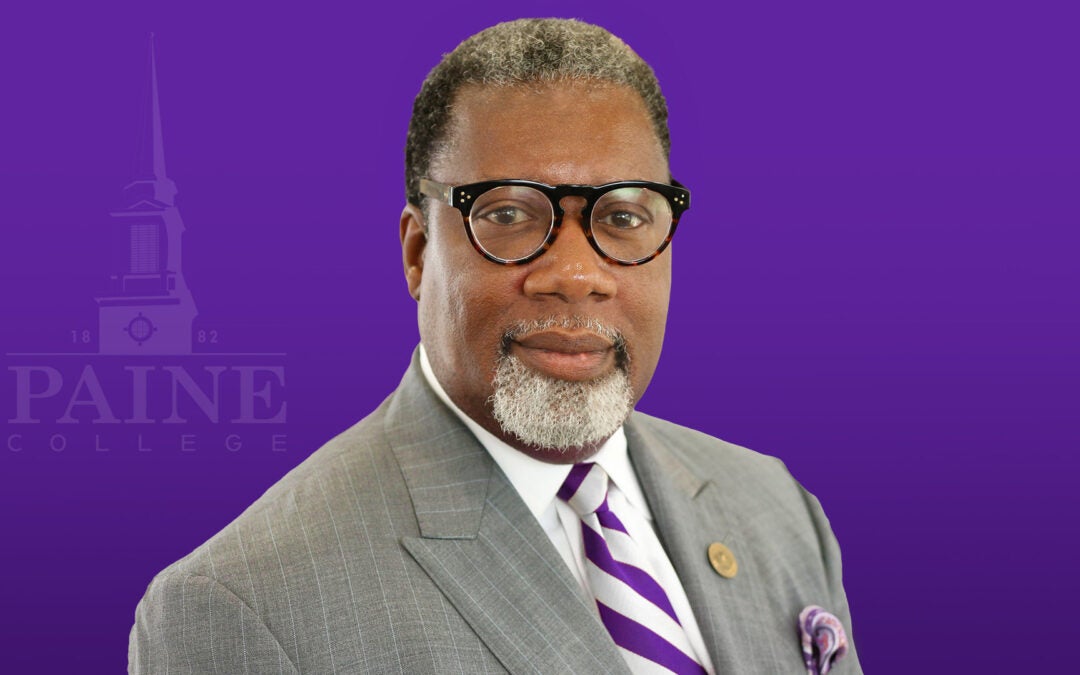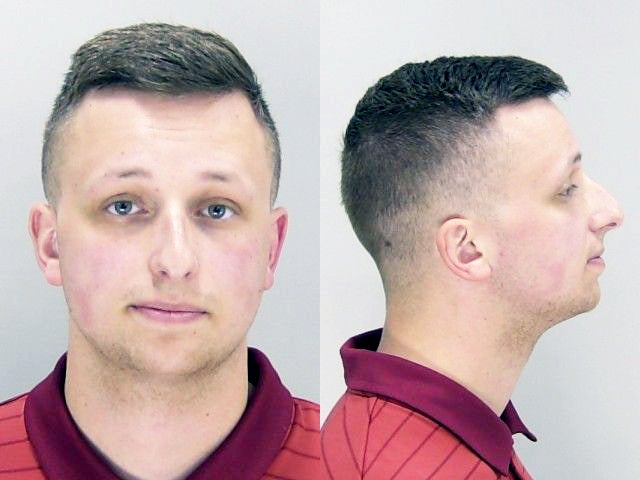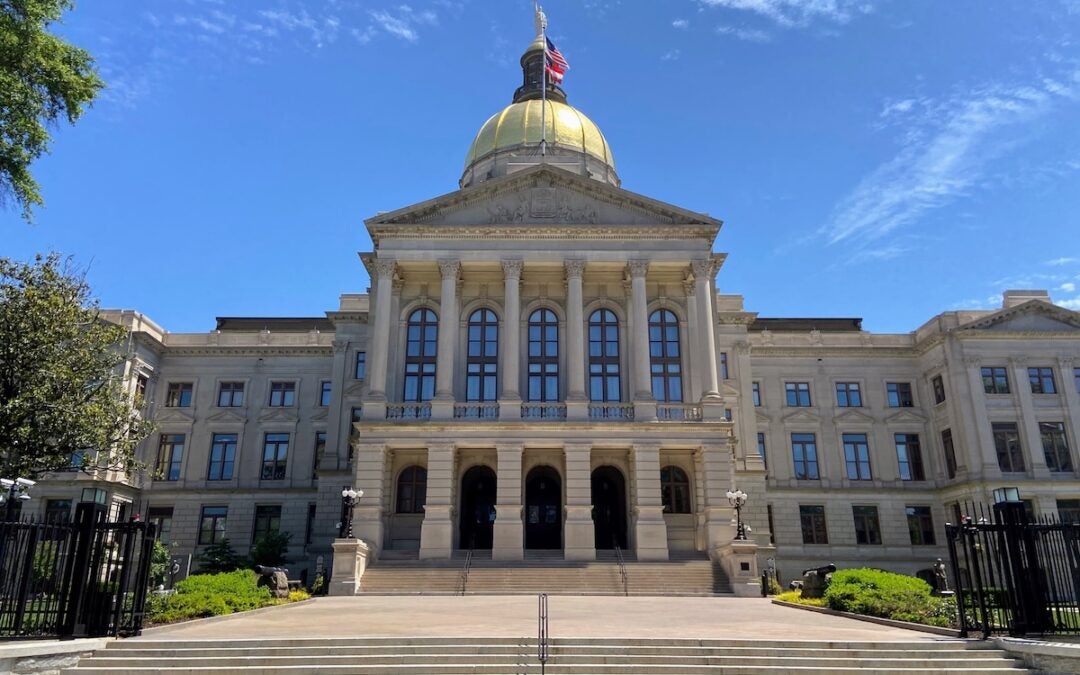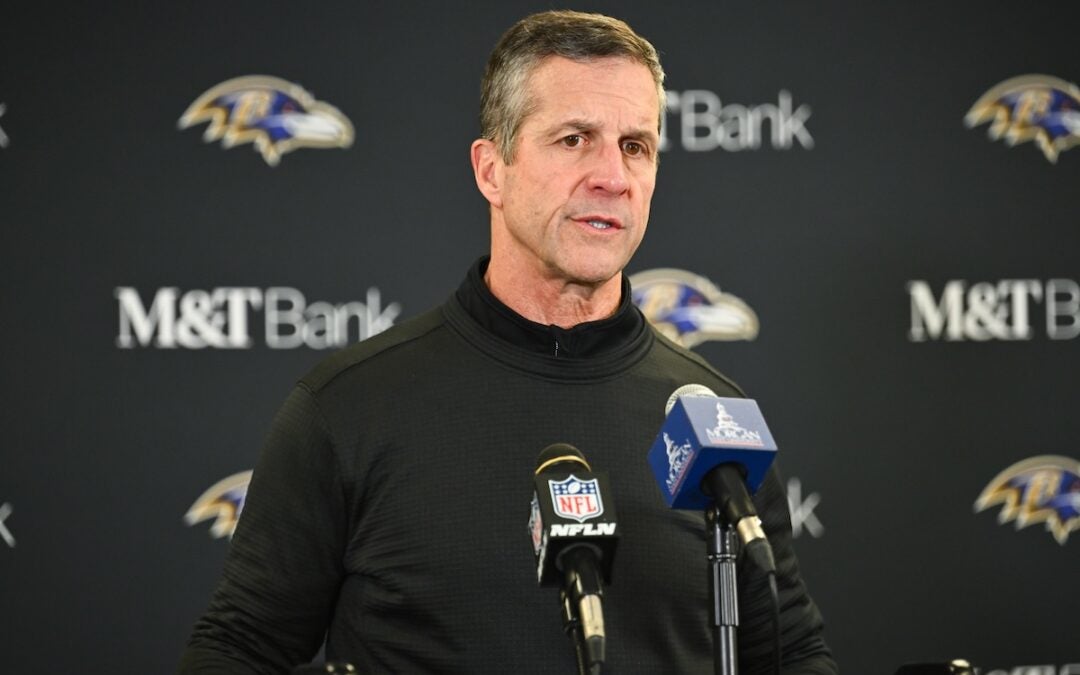by Ty Tagami | Capitol Beat News Service
A solar power advocate who is running for a seat on Georgia’s energy regulation agency made his case without opposition Wednesday when his opponent declined to participate in a broadcasted debate.
“Why didn’t you have the courage to show up today and defend your six rate hikes in two years,” Peter Hubbard, the Democrat running to unseat Republican Fitz Johnson from the Public Service Commission, said at the Atlanta Press Club debate Wednesday. “And what will you do to lower power bills?”
The five-member PSC regulates the companies that provide consumers with electricity, natural gas and telecommunications. All five run statewide for six-year terms, but a series of events produced a race where Hubbard is competing with Johnson for an abbreviated term representing District 3 in metro Atlanta.
The odd-year election stems from an ultimately unsuccessful lawsuit that argued statewide elections for seats that technically represent a portion of the state dilute the impact of Black voters.
The lawsuit postponed PSC elections last year and in 2022.
Johnson was appointed in 2021, so this is the first year he has had to stand for election to the post.
Two other candidates are vying for the District 2 seat, which represents eastern Georgia.
Republican Tim Echols was first elected in 2010 and reelected in 2016 and would have been up for reelection in 2022 if not for the lawsuit.
Democrat Alicia Johnson wants to unseat him. She and Echols also did not participate in Wednesday’s debate, which took place in the studios of Atlanta broadcaster WABE.
Hubbard said current PSC policy will further drive up consumer electricity bills as more data centers get built. The facilities, a necessity for the development and operation of artificial intelligence, consume massive amounts of power. And Hubbard said they pay less per unit of energy than other customers.
Both of the Republican incumbent candidates have refuted such claims, saying a resolution that the all-Republican PSC approved in January forbids Georgia Power from passing on the costs to ratepayers of serving new large-load customers — including data centers.
Fitz Johnson said at a Georgia Chamber of Commerce event this summer that the new policy “absolutely strengthens the grid, puts downward pressure on the rates … so we don’t have to be worried about large loads coming here and driving up your rates.”
Echols has said the state “is poised to become the artificial intelligence capital of America” and that data centers produce local tax revenue.
The incumbents were in office when the expansion of nuclear Plant Vogtle was completed last year, seven years behind schedule and with massive cost overruns.
Vogtle’s Units 3 and 4 were the first new nuclear reactors built in America in decades.
Hubbard said the cost makes nuclear power unaffordable. He said solar power and other innovations can meet future needs at a reasonable cost.
“There are things like unlocking the value of solar, and embracing newer technologies like virtual power plants, that can allow us to accommodate the load growth that we’re seeing from data centers while also putting downward pressure on rates,” Hubbard said at his solo debate, which is being broadcasted on radio and television. “The lowest cost resource is also the most sustainable and the most reliable. Solar and battery storage will increase the reliability and lower costs for consumers in the state. So, we can have our cake and eat it too.”
The election is Nov. 4. Turnout was low in the PSC primaries this year. No other statewide candidates are on the ballot, but local offices on November ballots may draw more to the polls for a race that could affect every resident’s pocketbook.











